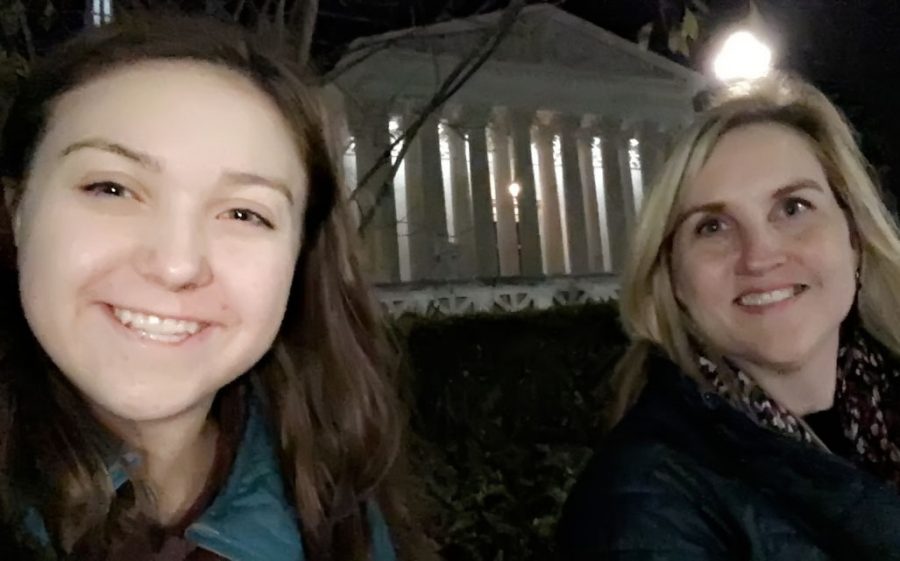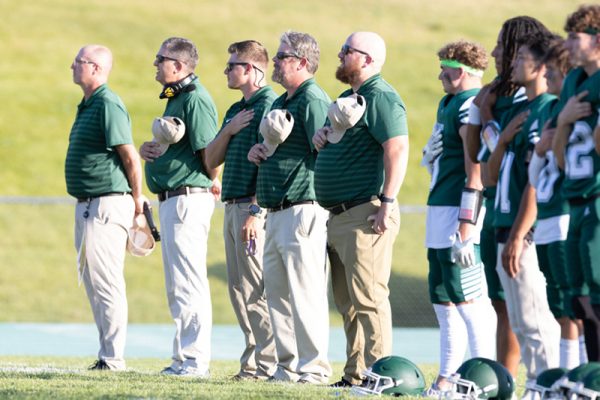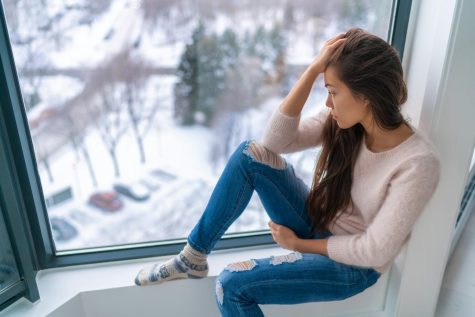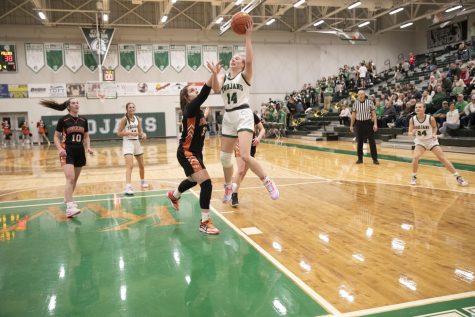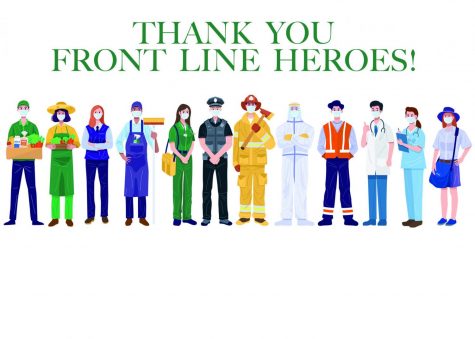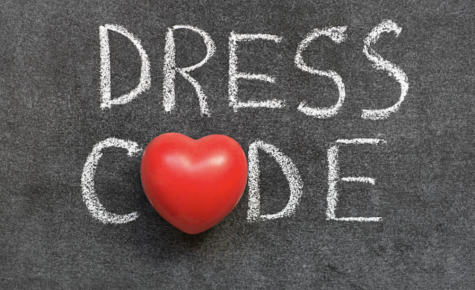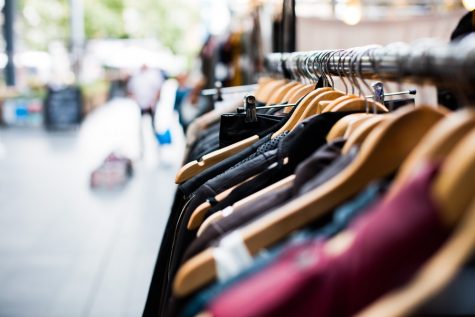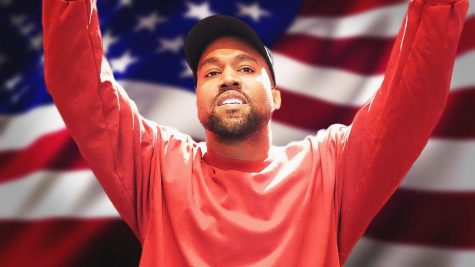My Vacation Was A Law Student’s Homework
Everyone has their own idea of a fun get-away. As an aspiring lawyer, my perfect vacation is traveling to Washington D.C. for the sole purpose of hearing oral arguments at the Supreme Court. To each his own, I guess.
My mom and I left for Denver on Monday night, flew out of Denver International Airport early Tuesday morning, and landed in Washington D.C. with only a tentative idea on how to see the highest court in the land up close and live.
In its daily function, the Supreme Court allows some space for the public to view the court proceedings. This does not mean that citizens get the see the hours of reading briefs, private research, and education that goes on behind every case, but we do get to see the most interesting and exciting parts.
Oral arguments are presented well into the consideration of a case. It’s the point at which the Justices get to ask any questions bothering them and hear the perspective of either party.
Normally, as was explained to me by a very friendly Supreme Court police officer, a line forms by 6 a.m. for one of the fifty coveted spots in the courtroom. However, when high-profile cases make their way to the steps, people stand in line for days and some hire place-holders to camp out for them.
The case my mom and I were keen on attending is called Carpenter v. United States. It made national news with articles in The New York Times, The Atlantic, and The Washington Post, among others.
The hubbub is well-deserved. This case addresses whether or not police should be required to get a warrant before accessing the cell phone location data stored by cellular companies.
The Supreme Court is tasked with interpreting and applying our Constitution, and the process of judicial review is ill-suited to address rapidly-changing technology. It can take several years for a case to be given a grant of certiorari, selection for review. The courts are looking for a way to transition Fourth Amendment law into the digital age, and Carpenter v. United States is a very important bridge.
When we first checked the steps for people camping out at 1:00 pm, we found none. But we were still hesitant to leave. I had an appointment to tour the campus of George Washington University, however, so we hopped in a taxi and tried to ignore the terrifying idea of returning to holiday crowds keeping us from the purpose of our trip. We were gone for 3 hours. When we returned, one young man sat at the little concrete ledge of the sidewalk. He was a student in pre-law studies and quite the law enthusiast.
We rationalized that only one person was there, and we needed only be within the first 50. I batted away the idea of giving the man our phone numbers and asking him to text us if more people came. After a long process of returning, checking, and leaving, we finally brought our blankets to the sidewalk and sat down. The young man had left to go get food, so we sat alone for some time.
The night that ensued was wonderfully crazy and memorable. The couple that came next were a law clerk and film professor from Kentucky and they provided delightful conversation. And when it came time to sleep a little bit, the Capitol building served as a dutiful night light. The Supreme Court police were stationed by the line the whole night, constantly patrolling and conversing with those in line.
I slept in pieces while my mom worked on her computer beside me. People trickled in steadily. About fifteen or so were in line before midnight. The rest came in the early hours of the morning. Most of them were students in local law schools who came on assignment.
I was up at sunrise and an hour or two later a couple of officers lined us up on the steps to give us numbered admission cards. My mom was number 2. I was number 1. (We offered Jack, the pre-law student, his rightful position as number one but he declined).
It’s worth noting that we were told we would be able to leave for our hotel and change out of the clothes we had bundled in to keep warm. We were not. I entered the majestic and striking halls of the Supreme Court with my hair in a messy bun that was falling out and coffee-stained sweatpants. I had to put my pillow and blanket through security before cramming them into the tiny lockers provided.
Then, we waited. We visited the small cafeteria to get breakfast then rejoined the line. We were led upstairs, where the actual courtroom is located. It’s restricted to anyone not escorted by the officers that flanked us. We went through a second round of security. All items that were not some form of pencil and paper were to remain outside. No phones or technology were permitted in the courtroom.
We walked in, took our seats, and waited in silence.
The Justices walked in. We rose. We sat down. Proceedings began.
Time passed quickly with the hot bench, when the Justices ask a multitude of questions, often interrupting each other to do so.
Though I believed Carpenter to have the advantage in the case, Michael Dreeben, the Deputy Solicitor General who represented the government, was a phenomenal and far superior speaker. His demeanor and confidence had me in awe.
The body language of the justices was fascinating as well. Ruth Bader Ginsburg, a hero of mine, sat hunched over taking notes for much of the argument, looking up only to ask pointed questions of the lawyers. Justice Thomas rocked back and forth in his chair. Justice Breyer grew visibly impatient when questions from other justices monopolized argument time.
The room demanded attention and best behavior. It compelled you to listen and scrutinize the arguments laid before you like a juror without any vote, but albeit still a member of the process.
I loved every minute of it.
With the conclusion of the session, the Justices rose, we stood, and we were ushered back to the first floor to collect our things and exit.
And with the beep of a taxi cab horn, the bustle of the capital, and the aching of our joints still frozen, we were pulled from the suspended time in the Supreme Court. We walked to the curb where we had slept the night before, hailed a cab, and drove to the hotel to regain some of the sleep we had sacrificed for this extraordinary opportunity.

